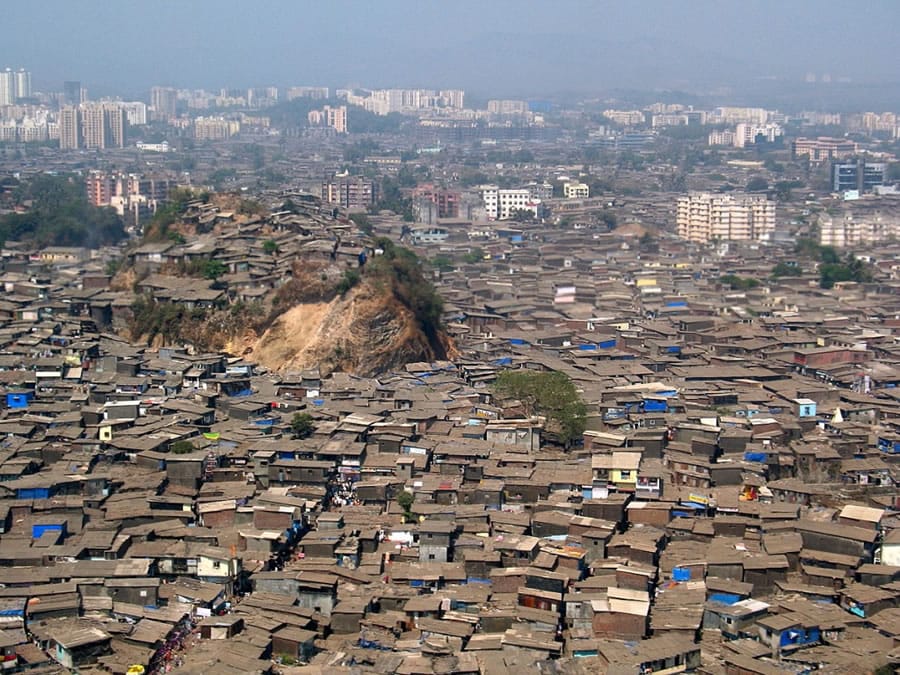
India’s challenges Essay
Religions in India have an absolute importance and 82 percent of the population practicing Hinduism, which prevails in India. India is home to Hinduism, Islam, Christianity, Buddhism, Jainism, Sikhism and other religion movements. Simply speaking, religion is an integral part of Indian culture and traditions; it’s actually the way of life for Indian people.
Economics, education, politics and social life – all these things are deeply influenced by religion. It intervenes into every aspect of everyday’s life.
At first, Buddhism has its origins in India (to be specific – in Hinduism), but then it became popular all over Asian region, especially in Japan, China and Southeast Asia. In accordance with Buddhism’s major principle, everything’s changes and this change is constant. Besided it, nothing occurs due to pure chance. A balanced, harmonious way of life that was offered by Buddha is attractive for Indian people, although it suggest some kind of steering between two extremes (self-indulgence vs. abstinence).
In regards to Hinduism, it isn’t to define the unique basis of the faith, because it is extremely diversified.
These religions influenced the Indian people in a different way. Caste System, illegal social classes system, is the major influence of Hinduism. Every person can be referred to a specific, certain Class. I should note that the religion evolutes continuously and in the process it have influenced all world religions.
On the opposite, the Indian culture and art were hugely influenced by Buddhism religion.
Taking into account things that were mentioned above, we can make a conclusion that Indian society is mixed set of different traditions, values and cultures. And these specific changes are depending on certain India’s region; they are noticed in living styles (manners, habits, linguistic patterns, clothing, etc.).
India is one of the BRIC countries, an emerging market that continues its integration into the world economy. Despite the poverty, people’s income is growing. India has a progressive nation image, its developing in many sectors of science, commerce, technology. Besides it, I need to indicate a unique India’s characteristic – country’s love of alternative medicine science (Ayurveda). India is one of the world leaders of meditation, spirituality, and a mind-body therapy called yoga
In regards to the social life, the main trend is the changing role of women. Women were mostly homemakers in this country, but a change is coming. This change of social role of women is influenced by the increase in the cost of living. Therefore, in big cities women are employed as their male counterparts.
China’s challenges
Among the modern challenges of China’s society the following can be named: increasing rate of unemployment in Chinese rural and urban areas, huge internal migration, shift of power from the center to Chinese provinces, environmental challenges, ethnic challenges, breakage of the old social security network, the rising of crime rate, growing corruption, and a wealth gap increasing. These depressing factors turn Chinese people to their national wisdom; they search the solutions in Confucius study.
Chinese culture is not a static thing, and besides Confucianism, other religion and cultural ideas like Daoism and Maoism exist. These traditions have challenged Confucian thought. But it is widely know that Confucian is the major Chinese tradition, it dominates the Chinese culture.
The main principles Confucianism are: avoidance of conflict, respect to seniority and patriarchy, moral commitment of country’s leaders, that has to be more crucial that political commitment. Strangely enough, there is a list of Confucian ideas that contradict the faith in free markets and modern political ideas, like democracy. Confucianism promotes anti-commercial attitude, condemns trading for profit and insist on moderation in all entertainment and pleasures.
I need to draw your attention to the fact, that even political and economic system of China (a controlled capitalist economy) is formed with the usage of Confucian values. Probably the reason of people’s political apathy is in some kind of self-sacrificing Confucius’s set of mind.
Despite it, the contrast between the Confucian principles and Chinese reality is demonstrated by widening income gap.

